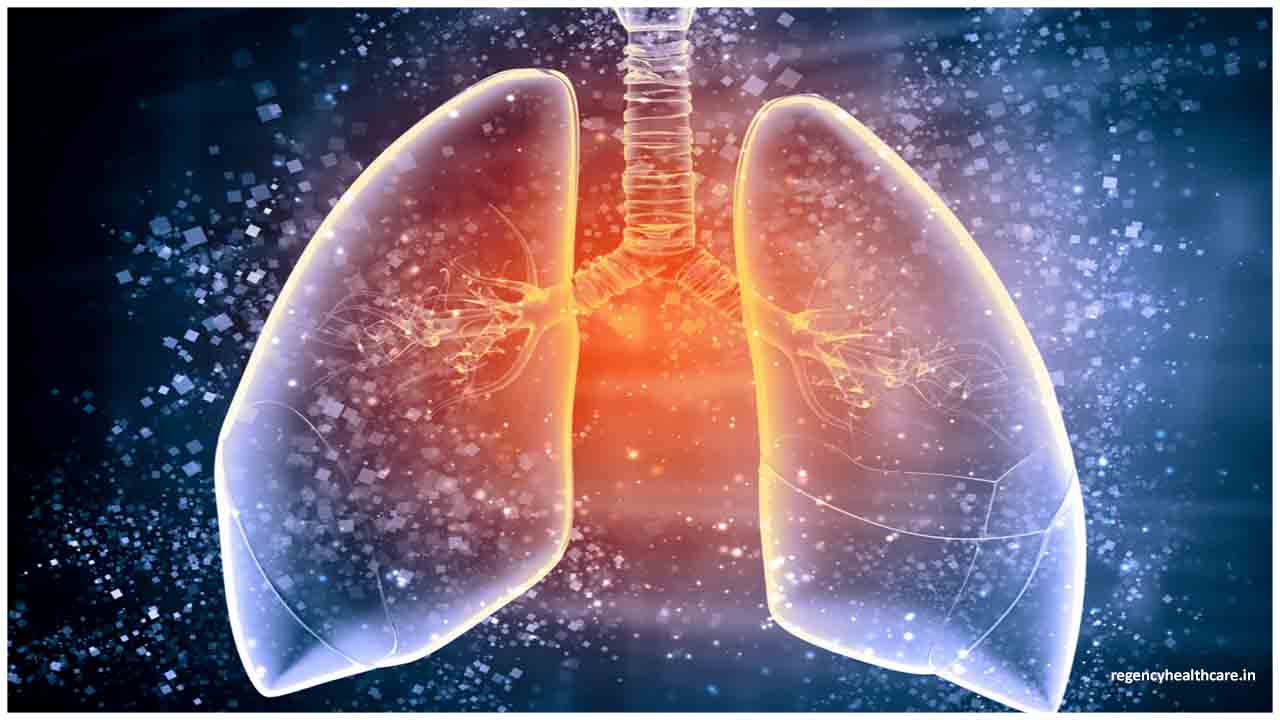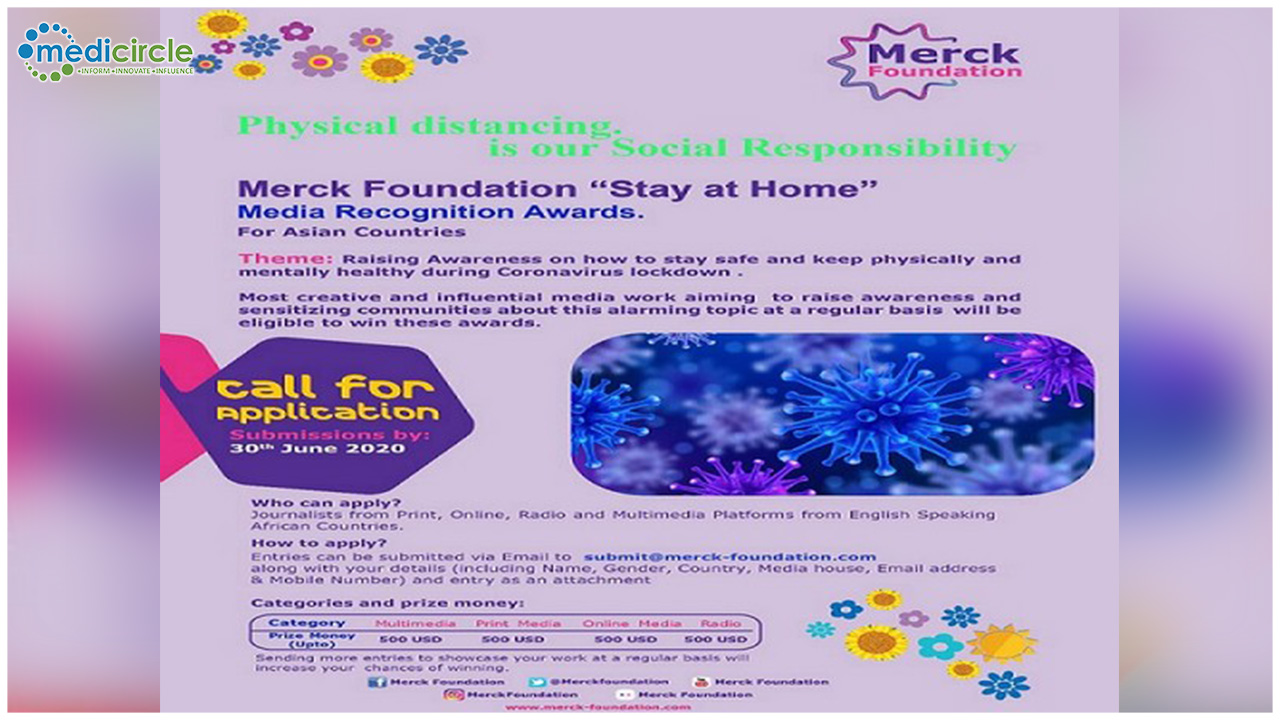Cabaletta Bio, Inc. a clinical-stage biotechnology company focused on the discovery and development of engineered T cell therapies for patients with B cell-mediated autoimmune diseases, today announced that the first patient has been dosed in the DesCAARTes™ Phase 1 clinical trial of DSG3-CAART for the treatment of patients with mucosal-dominant pemphigus vulgaris (mPV).
“This is an important milestone in the development of our lead product candidate, DSG3-CAART, for patients with mucosal pemphigus vulgaris and for patients with B cell-mediated autoimmune diseases more generally. We believe this is the first time a highly targeted, antigen-specific cell therapy has been dosed in a patient with autoimmune disease. The study is designed to provide insights into the clinical effect of our precision CAAR T cell therapy in patients suffering from mPV,” said David J. Chang, M.D., Chief Medical Officer of Cabaletta Bio.
“Currently available therapies for mPV patients, including steroids, typically induce broad immunosuppression, offer modest efficacy and/or are associated with frequent relapses. DSG3-CAART therapy, which is engineered to target and specifically eliminate the cells responsible for generating disease-causing autoantibodies while preserving the healthy immune system, provides mPV patients the potential of a deep and durable response, perhaps even a cure.”
“This is a huge accomplishment that will advance the entire field of cell therapy,” stated Carl H. June, M.D., who is a member of the Cabaletta Bio Scientific Advisory Board and the Richard W. Vague Professor of Immunotherapy in the Department of Pathology and Laboratory Medicine at the Perelman School of Medicine at the University of Pennsylvania,
“The precise CAAR T technology which was discovered at Penn and is being developed by Cabaletta Bio builds on the legacy of commercially-approved CAR T therapies, to offer the promise of deep and durable responses beyond oncology to patients with autoimmune diseases.”
About the DesCAARTes™ Clinical Trial
Cabaletta Bio’s DesCAARTes™ Phase 1 trial is an open-label, multi-center study of DSG3-CAART in adults with mucosal-dominant pemphigus vulgaris (mPV). The trial is designed to evaluate the safety and tolerability of DSG3-CAART as well as to identify evidence of target engagement and early signs of efficacy. The study consists of three parts:
1) dose-escalation,
2) dose consolidation, and
3) expansion at the final selected dose and schedule.
The trial is expected to enroll approximately 30 subjects across multiple clinical sites throughout the United States.
About Pemphigus Vulgaris
PV is a rare autoimmune blistering disease that is characterized by the loss of adhesion between cells of the skin or mucous membranes. PV is caused by the production of autoantibodies that disrupt structural proteins within the skin and/or mucosa that connect with other proteins to enable the skin and/or mucosal cells to connect with each other. The autoantibodies can target DSG3 and/or desmoglein 1 (DSG1), which are primarily expressed in the mucosal membranes and skin, respectively. mPV is characterized by autoantibodies against DSG3 only whereas mucocutaneous PV (mcPV) is characterized by autoantibodies against DSG3 and DSG1.
About CAAR T Cell Therapy
Chimeric AutoAntibody Receptor (CAAR) T cells are designed to selectively bind and eliminate only disease-causing B cells while sparing the normal B cells that are essential for human health. CAAR T cells are based on the chimeric antigen receptor (CAR) T cell technology. While CAR T cells typically contain a CD19-targeting molecule, CAAR T cells express an autoantibody-targeted antigen on their surface. The co-stimulatory domain and the signaling domain of both a CAR T cell and a CAAR T cell carry out the same activation and cytotoxic functions. Thus, Cabaletta Bio’s CAARs are designed to direct the patient’s T cells to kill only the pathogenic cells that express disease-causing autoantibodies on their surface, potentially leading to complete and durable remission of disease while sparing all other B cell populations that provide beneficial immunity from infection.
About Cabaletta Bio
Cabaletta Bio is a clinical-stage biotechnology company focused on the discovery and development of engineered T cell therapies, and exploring their potential to provide a deep and durable, perhaps curative, treatment, for patients with B cell-mediated autoimmune diseases. The Cabaletta Approach to selective B cell Ablation (CABA) platform, in combination with Cabaletta’s proprietary technology, utilizes Chimeric AutoAntibody Receptor (CAAR) T cells that are designed to selectively bind and eliminate only specific autoantibody-producing B cells while sparing normal antibody-producing B cells, which are essential for human health. The Company’s lead product candidate, DSG3-CAART, is being evaluated in the DesCAARTes™ phase 1 clinical trial as a potential treatment for patients with mucosal pemphigus vulgaris, a prototypical B cell-mediated autoimmune disease. The FDA granted Fast Track Designation for DSG3-CAART in May 2020.

 Cabaletta Bio, today announced that the first patient has been dosed in the DesCAARTesâ„¢ Phase 1 clinical trial of DSG3-CAART for the treatment of patients with mucosal-dominant pemphigus vulgaris (mPV).
Cabaletta Bio, today announced that the first patient has been dosed in the DesCAARTesâ„¢ Phase 1 clinical trial of DSG3-CAART for the treatment of patients with mucosal-dominant pemphigus vulgaris (mPV).



















.jpeg)

.jpeg)










.jpg)




.jpg)

